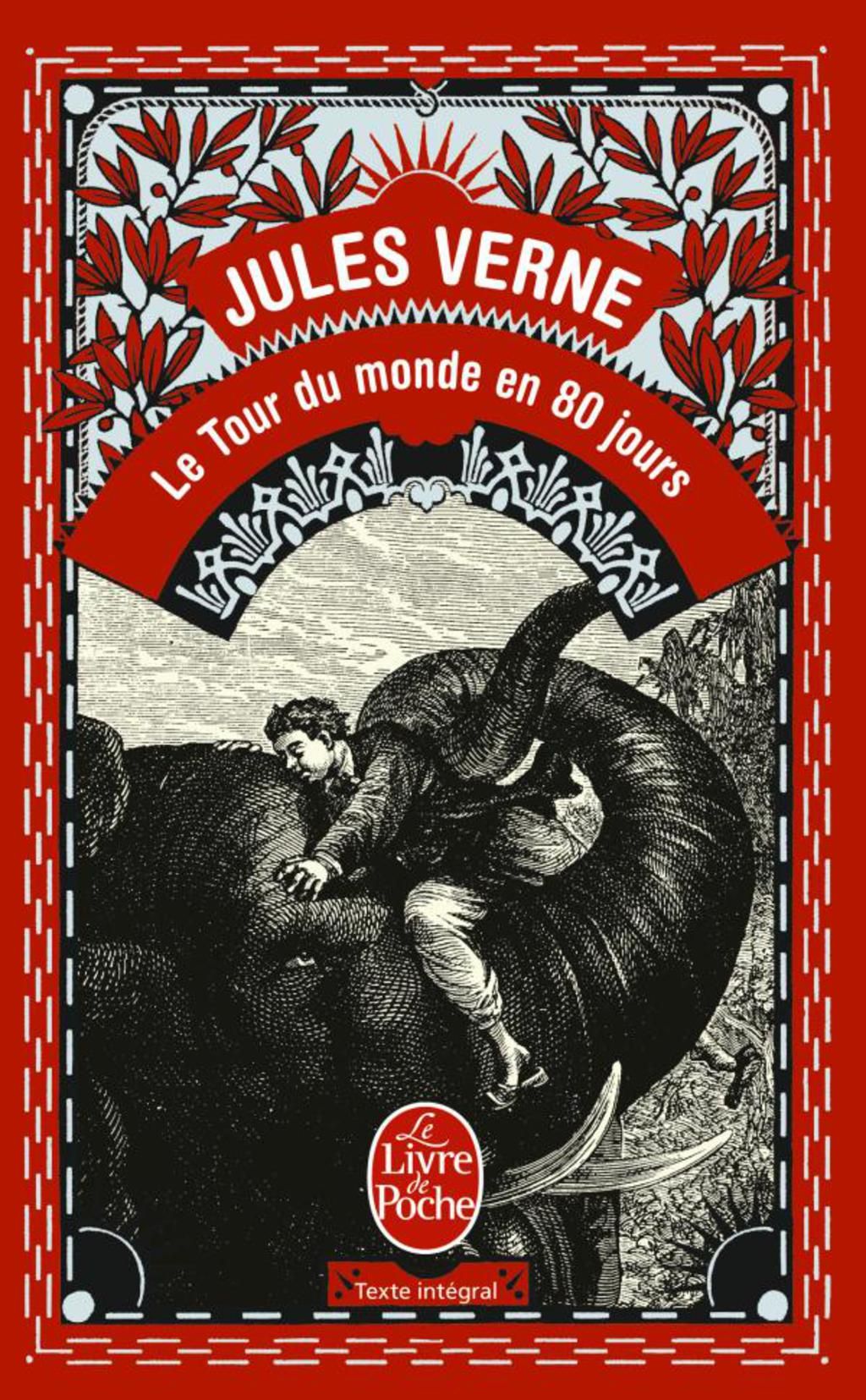stuebinm@preprint.books.exposed hat Le tour du monde en 80 jours von Jules Verne besprochen
somewhat disconnected thoughts (but i thought i'd try to write an actual review)
I enjoyed this book a lot more than I thought! It's a fun adventure story, and I think probably fits in a lot better with other 19th century adventure stories than it does with other science-fiction of the time, though it's also not as if they were too distinct back then. But while it does obviously focus on technology and how it has changed (and continues to change) the world, it's definitely meant as a realistic, contemporary (published as a serial in 1872, afaict with the dates in the story roughly matching with actual dates) story — e.g. at particularly desperate moment the idea of crossing an ocean by balloon shows up, but is dismissed immediately as undoable.
Definitely the best parts are when Verne pokes fun at the whole British-Empire-gentlemen culture and its absurdities. It's not in any way anti-imperialist, but ig it's refreshing to read this sentiment …
I enjoyed this book a lot more than I thought! It's a fun adventure story, and I think probably fits in a lot better with other 19th century adventure stories than it does with other science-fiction of the time, though it's also not as if they were too distinct back then. But while it does obviously focus on technology and how it has changed (and continues to change) the world, it's definitely meant as a realistic, contemporary (published as a serial in 1872, afaict with the dates in the story roughly matching with actual dates) story — e.g. at particularly desperate moment the idea of crossing an ocean by balloon shows up, but is dismissed immediately as undoable.
Definitely the best parts are when Verne pokes fun at the whole British-Empire-gentlemen culture and its absurdities. It's not in any way anti-imperialist, but ig it's refreshing to read this sentiment in "the other way", given how embedded making fun of frenchness often is in english culture and writing?
(also, since at some point i got asked: the voyage in the book is fictional, but apparently its popularity led to people actually trying this, and Nellie Bly did it in 72 days in 1890)
Oh also it's a product of its times, so expect racism and such, but tbh i have read much, much worse from this period, and in most of the chapters it's easy enough to ignore.

